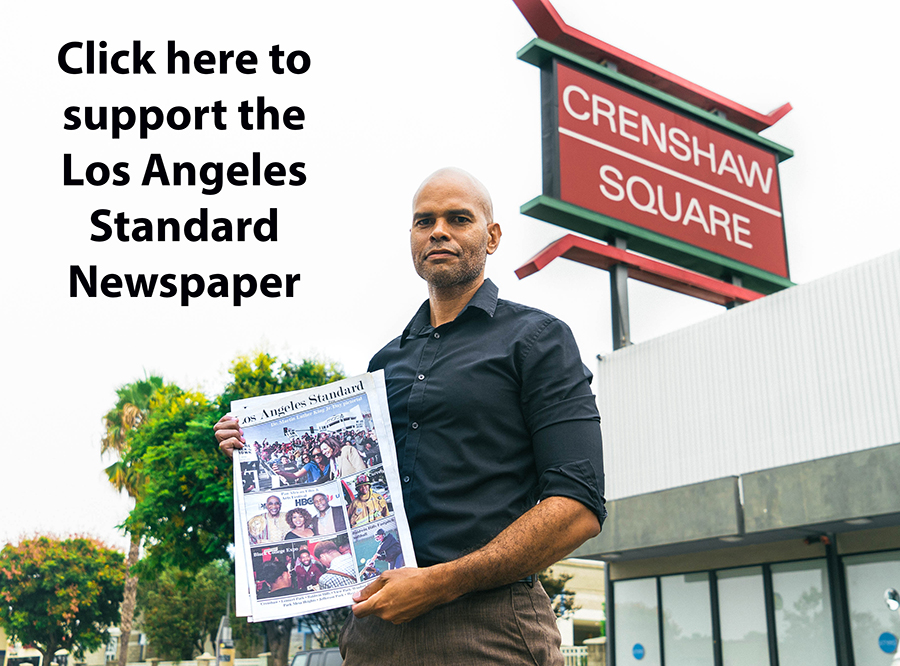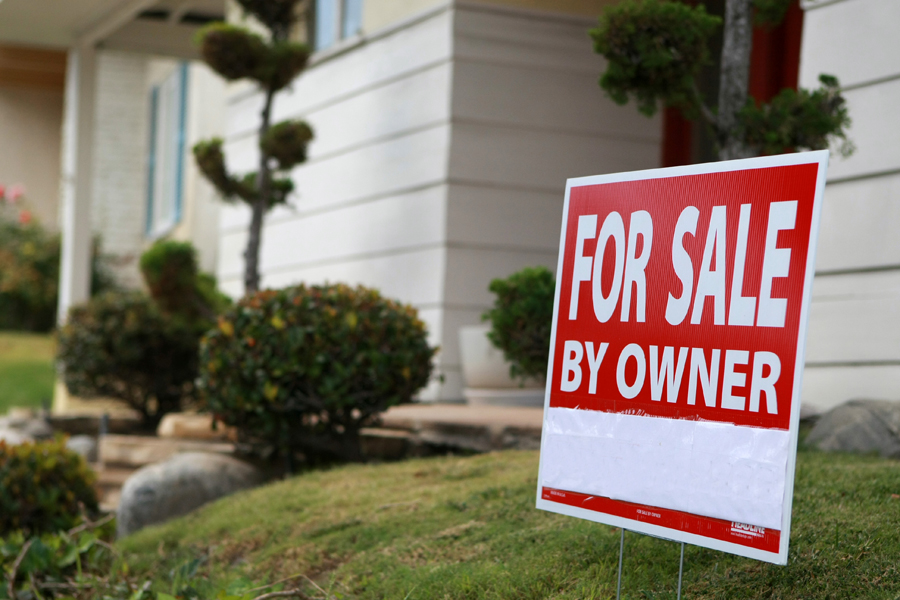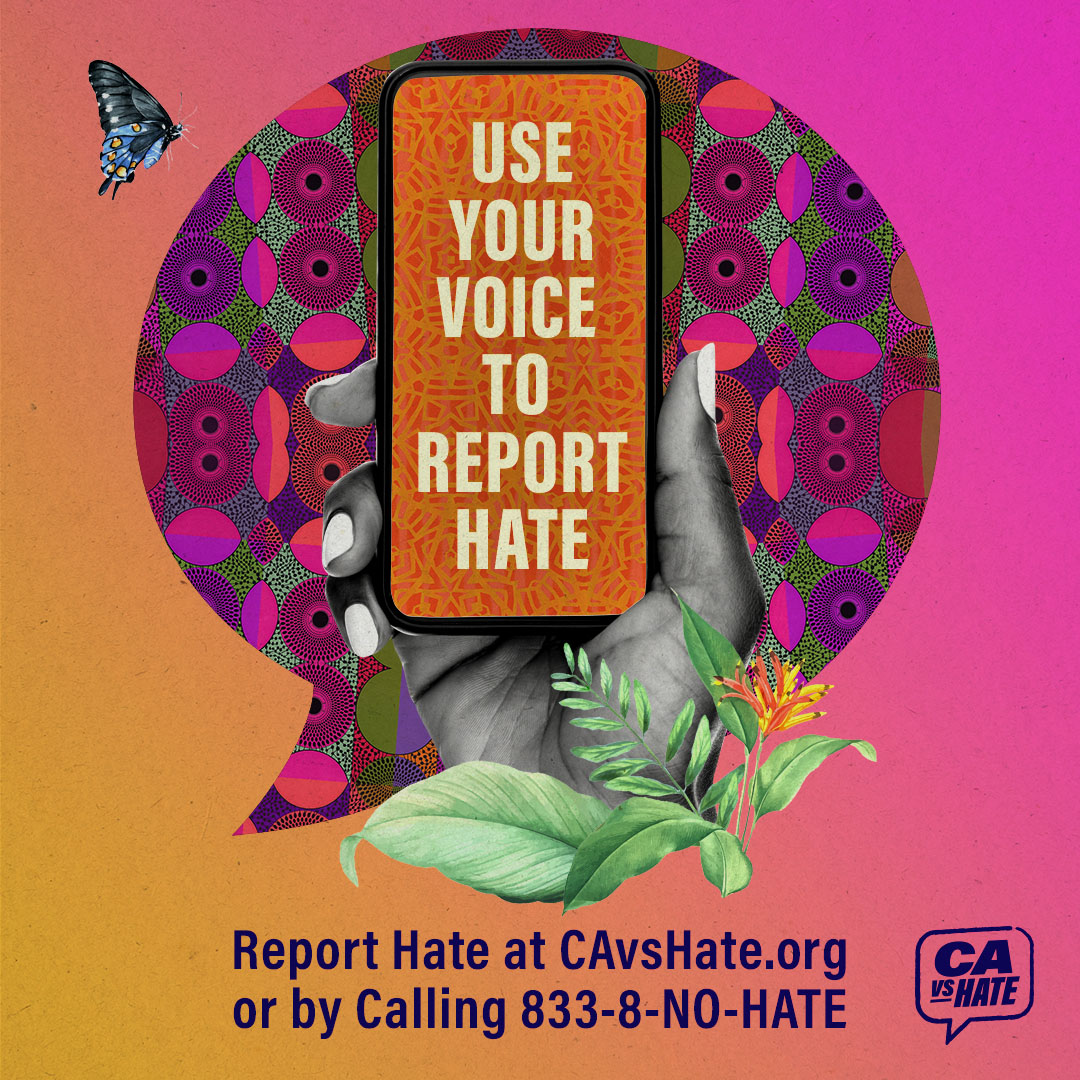While many Black people are being priced out of their own neighborhoods, The Consolidated Board of Realtists is educating locals on how to become home buyers in this expensive real estate market.
 The L.A. Standard Newspaper needs your support so that we can continue to create positive stories about Black communities. $20, $50, $100, $500, $1,000. Any amount would be greatly appreciated. -Jason Douglas Lewis, Owner/Publisher. Donations can be made through Cash App https://cash.app/$LAStandard, Venmo https://venmo.com @LA-Standard-Newspaper, PayPal https://www.paypal.com/paypalme/lastandardnewspaper, and GoFundMe https://www.gofundme.com/f/support-blackowned-los-angeles-standard-newspaper. Checks can be mailed to 2415 W. Martin Luther King Jr. Blvd., Los Angeles, CA 90008
The L.A. Standard Newspaper needs your support so that we can continue to create positive stories about Black communities. $20, $50, $100, $500, $1,000. Any amount would be greatly appreciated. -Jason Douglas Lewis, Owner/Publisher. Donations can be made through Cash App https://cash.app/$LAStandard, Venmo https://venmo.com @LA-Standard-Newspaper, PayPal https://www.paypal.com/paypalme/lastandardnewspaper, and GoFundMe https://www.gofundme.com/f/support-blackowned-los-angeles-standard-newspaper. Checks can be mailed to 2415 W. Martin Luther King Jr. Blvd., Los Angeles, CA 90008
By Jason Lewis
Purchasing a home in a Black community in the Los Angeles area can cost over $1 million. Recently a renovated house just south of Vernon Avenue and about a block north of Crenshaw High School was on the market for $1.25 million. A renovated house in Leimert Park, just north of Martin Luther King Jr. Boulevard was listed at $1.05 million. It’s become typical to see prices close to those amounts.
Real estate agent Stanley Jackson, president of the Consolidated Board of Realtists (Los Angeles Chapter of the National Association of Real Estate Brokers, which was established in 1947 by African-American real estate professionals as an alternative for African-Americans who were excluded from the National Association of Realtors), says that the housing market in Culver City, Westchester, Koreatown, and other places of the city have become too expensive for many people in Los Angeles.
“Since they can’t get into those places and they want to be close to the freeway, and they know that these properties in our areas: Leimert Park, West Adams, Jefferson Park, View Park, Baldwin Hills and Windsor hills; they know that homes in these areas are very nice and are built just as nice as those homes in those other areas,” he said. “And with the proximity to downtown and other business centers, that makes these areas very attractive.
“You have people next door in Culver City who are paying $4,000-$5,000 just in rent. They come here and buy a home in a comparable area; actually a better area when you’re talking about the homes in the Baldwin Hills, View Park, and Windsor Hills areas that have views. They can pay the same amount to own a home, rather than rent.”
A major issue is that as other people, more specifically White people, move into Black neighborhoods, the price for houses goes up to the point where Black people living in those communities can no longer afford to buy homes in those neighborhoods. Over time those neighborhoods could potentially shift from being predominantly Black to being mixed, and eventually becoming predominantly White neighborhoods.
This is gentrification, and it can be viewed as simple economics. Not only are people from outside areas seeing the value of homes in Black communities, real estate investors are too.
“There are a lot of investors out here who are buying these homes, fixing them up, and they’re increasing the price point for their profits,” Jackson said. “To them it’s just capitalism at its best. They buy low and sell high.”
Many Black people who are working to combat gentrification have pointed out that Black sellers are a part of the problem.
“A lot of the listing agents get these properties, and our people allow them,” Jackson said. “When I say our people, I’m talking about Black people. Someone dies in the family; someone was in a reverse mortgage and none of the family members are equipped enough to take on the loan; then they can’t afford to fix up the house to get the profits. They’ll sell the house in its present state.”
Investors who can afford to renovate the home then step in, and they reap huge profits while selling the home, most likely to a White buyer.
The Consolidated Board of Realtists, which is located in Baldwin Hills, has been working with Black people to help them become home buyers, and they have also worked with politicians to combat the negative aspects of gentrification.
“They call it gentrification, but we call it displacement,” Jackson said. “We fight for democracy in housing. One of the biggest problems that we have is the lack of financial literacy in the area of housing.”
The Consolidated Board of Realtists holds workshops that educate people on real estate.
“There are many Black people in the neighborhood who still own homes,” Jackson said. “Getting to them before they give the homes to those investors, we educate them on what their choices are.
“A lot of the properties that are being sold originated through probates. When our people own a home, if their affairs aren’t in order when they die, the house goes to the state. If you have a proper will and a proper trust, you can pass the home along without having the taxation and the state involved in it.”
The Consolidated Board of Realtists also holds workshops for first-time home buyers, and they have a House Then a Car program that is designed for younger adults. Jackson pointed out that 1.7 million Black millennials make over $100,000 a year and are mortgage ready.
“Well those individuals for some reason have been buying cars instead of homes,” he said. “So they are able to buy homes, but due to a lack of education about the home buying process, they are purchasing cars.”
For more information about The Consolidated Board of Realtists, visit www.consolidatedboardofrealtist.com, and follow them on social media.











